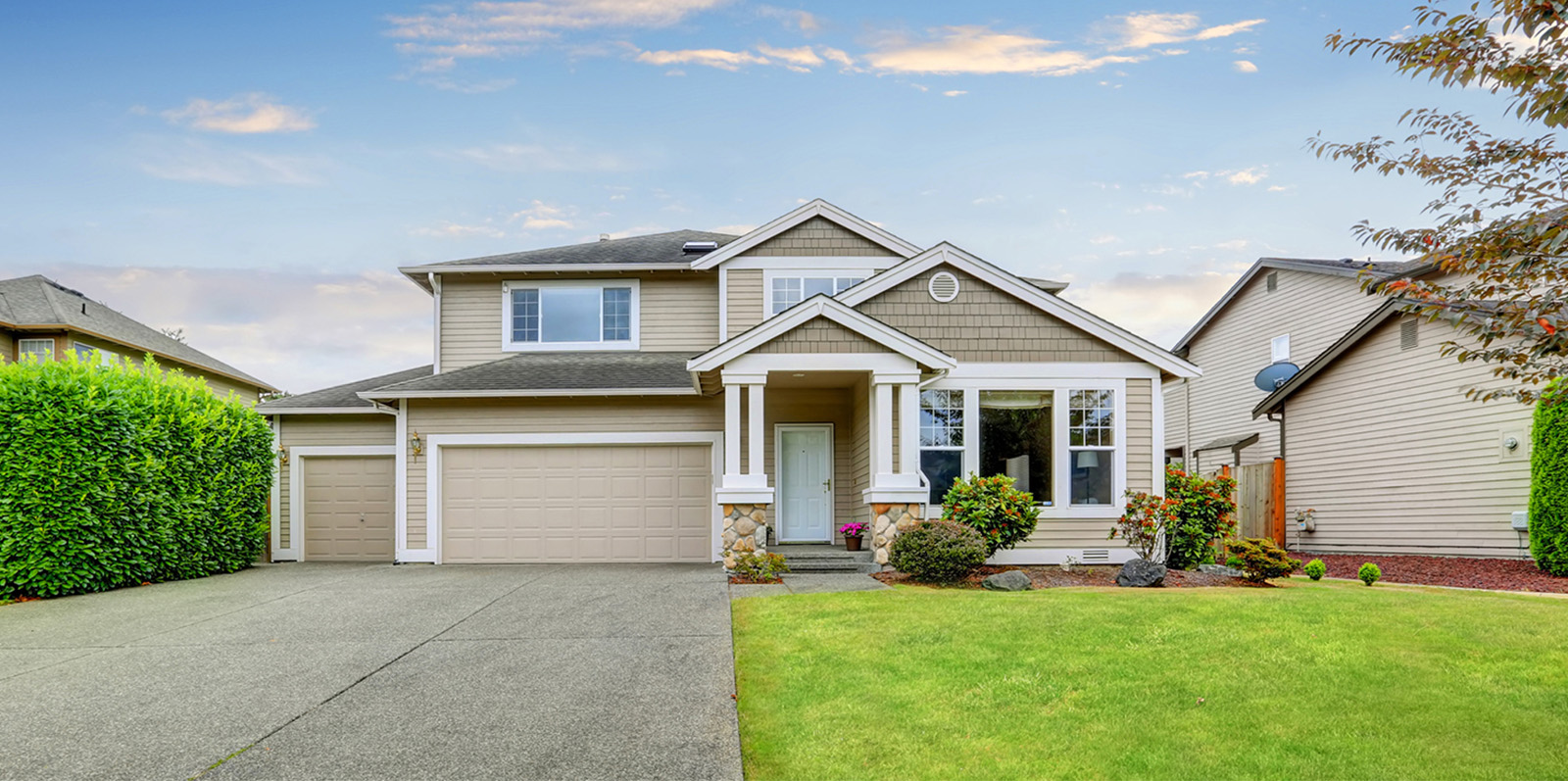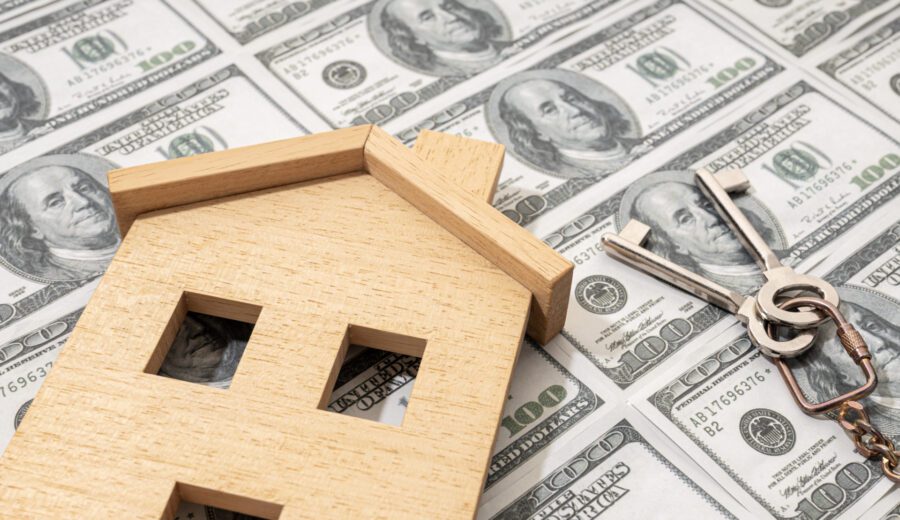Our contracted Buyers may expect what we do best “Make the deal and close the purchase”. Searching for a home can evolve into a stressful excursion and we are hands on in reducing that stress. Buyers can be assured they will know details of the current Billings Real Estate Market and how to best navigate a successful home search by staying current on market inventory, financing options, inspection objectives and appraisal requirements when purchasing a home.







